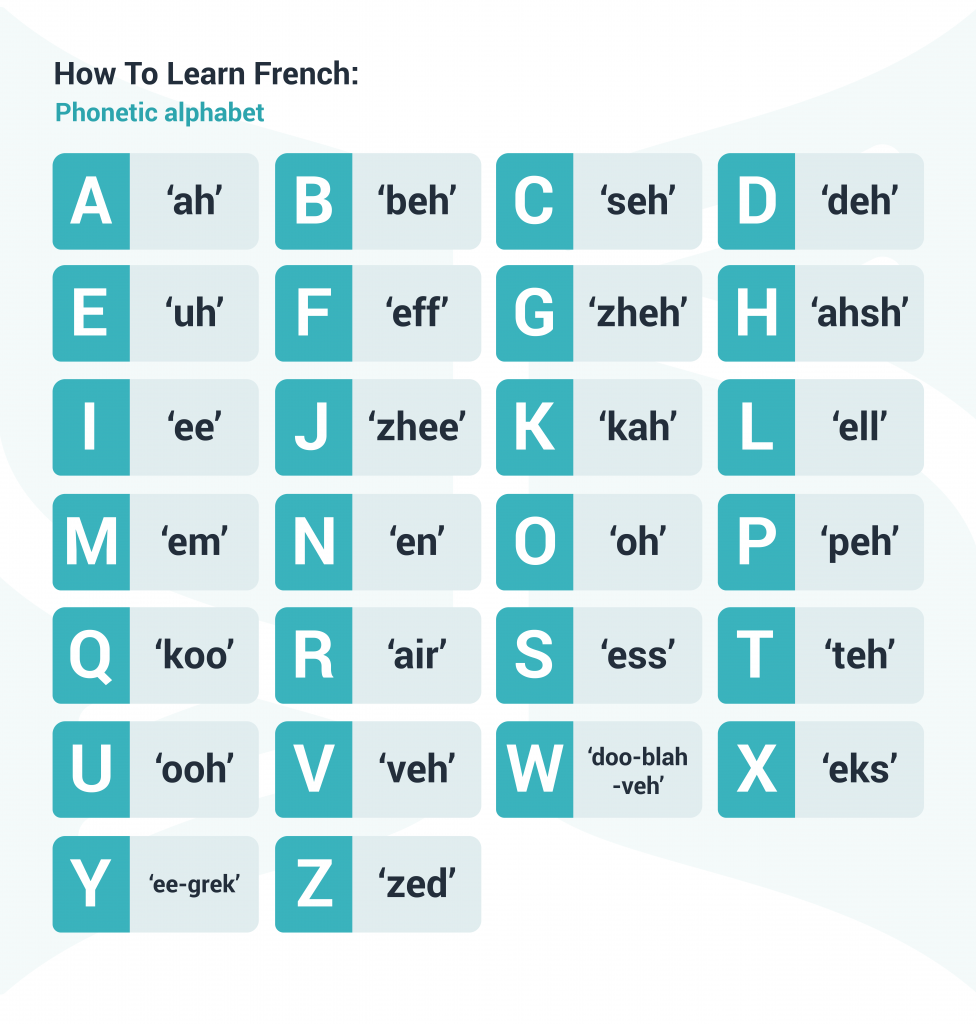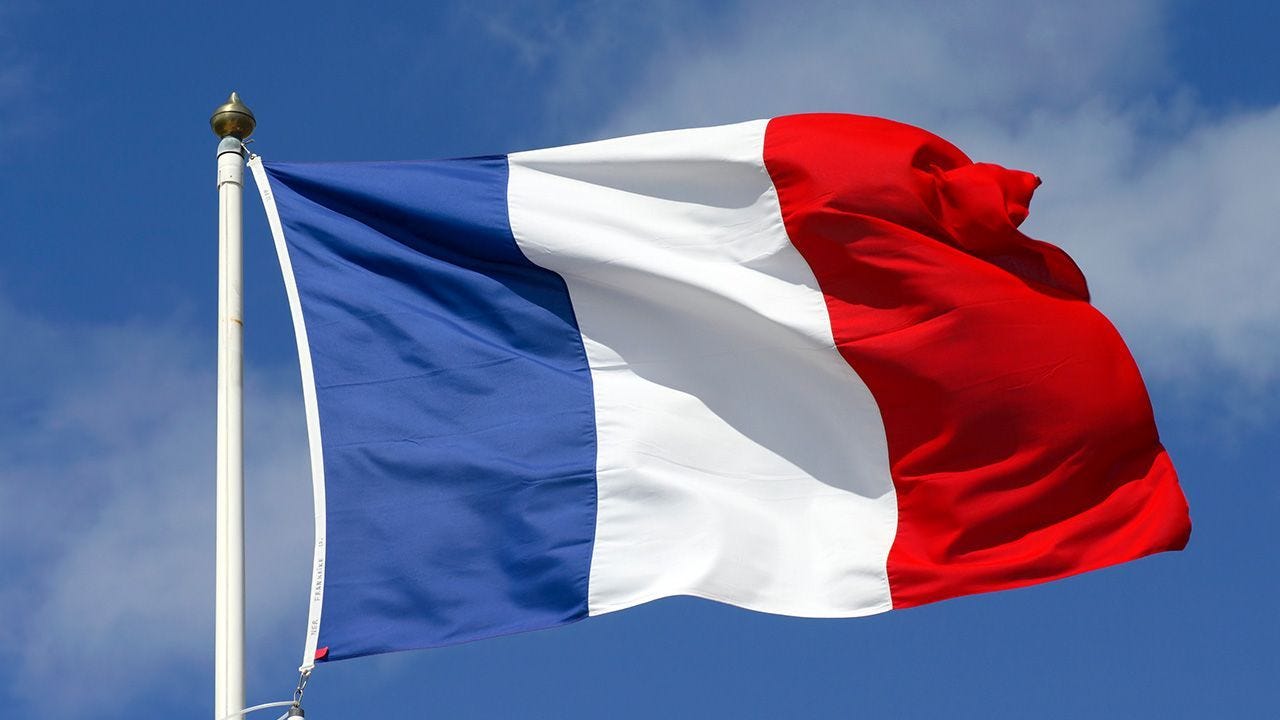New York City, a melting pot of cultures and a beacon of global ambition, offers an unparalleled environment for language learning. Among the myriad of tongues spoken on its bustling streets, French holds a special, enduring charm. From the historic elegance of the Alliance Française to the vibrant academic corridors of its universities and the intimate settings of private tutors, the opportunities to immerse oneself in the language of Molière are as diverse and dynamic as the city itself.
This comprehensive guide explores the rich landscape of French language classes in New York, delving into why countless individuals choose to embark on this linguistic journey, where they can find the perfect program, and how to make the most of their learning experience in the heart of the Big Apple.
The Enduring Allure of French in New York
Why French? And why in New York? The reasons are as varied as the students themselves.
1. Cultural Enrichment and Global Connection: French is not merely a language; it’s a gateway to a rich tapestry of art, literature, philosophy, fashion, and cuisine. New York, with its world-class museums, theaters, and culinary scene, provides the perfect backdrop for exploring this culture. Learning French here allows you to engage with French films at independent cinemas, read original works in French bookstores, and appreciate the nuances of French art exhibitions with a deeper understanding.
2. Professional Advantage: In a city that serves as a global hub for finance, fashion, media, and international relations (home to the United Nations, for example), proficiency in French can be a significant professional asset. It opens doors to careers in international business, diplomacy, luxury goods, tourism, and non-profit organizations that have a strong presence in French-speaking regions. Many New York-based companies have European or African ties where French is a primary language.
3. Travel and Exploration: France, Canada, Belgium, Switzerland, and over 29 countries across Africa and the Caribbean recognize French as an official language. Learning French in New York prepares you for unforgettable travel experiences, allowing for authentic interactions with locals, deeper cultural immersion, and navigating diverse destinations with ease.
4. Personal Growth and Cognitive Benefits: Learning a new language, especially one as structurally rich and melodious as French, is a proven way to enhance cognitive abilities, improve problem-solving skills, and foster a greater understanding of different worldviews. It’s a journey of personal growth that expands horizons.
5. The French Presence in NYC: New York boasts a significant and vibrant French-speaking community. From diplomats and artists to entrepreneurs and students, the French expatriate population contributes to a lively cultural scene, making it easier to find opportunities for real-world practice beyond the classroom. French bakeries, bistros, and cultural events are peppered throughout the boroughs, creating pockets of authentic French life.
Navigating the Landscape: Where to Learn French in NYC
New York City offers an impressive array of institutions and programs catering to every learning style, schedule, and budget.
1. The Cultural Behemoth: Alliance Française / French Institute Alliance Française (FIAF)
Undoubtedly the most prominent and prestigious institution for French language and culture in New York, FIAF stands as a beacon for francophiles. Located in the heart of Manhattan, FIAF offers:
- Comprehensive Programs: From absolute beginner (A1) to advanced fluency (C2), with clearly structured levels based on the Common European Framework of Reference for Languages (CEFR).
- Diverse Course Offerings: General French, conversation, grammar workshops, business French, French for travelers, literature courses, and specialized workshops focusing on specific skills or cultural topics.
- Native-Speaking Teachers: Highly qualified and experienced instructors, often with advanced degrees in French language teaching.
- Rich Cultural Programming: Beyond classes, FIAF hosts film screenings, concerts, lectures, art exhibitions, and a extensive French library (the largest private French library in the U.S.), providing unparalleled opportunities for immersion.
- Flexible Schedules: Weekday, evening, and weekend classes to accommodate busy New Yorkers.
- Location: Primarily on the Upper East Side, with some programs potentially offered elsewhere.
2. Academic Rigor: Universities and Colleges
New York’s world-class universities offer robust French language departments, ideal for those seeking a more academic, in-depth approach or looking to combine language study with other disciplines.
- New York University (NYU), Columbia University, The City University of New York (CUNY): These institutions provide comprehensive French majors and minors, but also offer individual language courses open to non-degree students or through continuing education programs.
- Benefits: Highly qualified faculty, access to extensive university resources (libraries, cultural events), and a structured academic environment.
- Considerations: Often follow semester schedules, which may be less flexible than private language schools, and can be more expensive.
3. Private Language Schools: Flexibility and Focus
Beyond FIAF, several private language schools across the city offer French classes, often with a focus on smaller class sizes, communicative methods, and flexible scheduling.
- Examples (though specific school names can vary and change): Many general language schools in Manhattan and Brooklyn offer French. These schools often pride themselves on:
- Communicative Approach: Emphasizing practical conversation skills from day one.
- Small Class Sizes: More personalized attention and greater opportunities for student interaction.
- Rolling Enrollment: Often allowing students to join classes throughout the year.
- Intensive Programs: Options for those who want to learn quickly.
- Benefits: Highly adaptable to individual needs, often more affordable than university courses, and a strong emphasis on practical application.
4. Independent Tutors and Online Platforms: Personalized Learning
For those seeking highly customized learning experiences, independent tutors and online platforms are excellent choices.
- Independent Tutors: Many native French speakers in NYC offer private or small-group tutoring. This allows for:
- Tailored Curriculum: Focus on specific goals (e.g., preparing for a trip, business presentation, specific grammar points).
- Flexible Scheduling: Work around your personal timetable.
- One-on-One Attention: Rapid progress due to dedicated instruction.
- Finding Tutors: Websites like Wyzant, Craigslist, or local French cultural centers often have listings.
- Online Platforms (e.g., iTalki, Preply, Babbel, Duolingo, Memrise): While not exclusively "New York," these platforms can supplement in-person learning or serve as a primary learning method, offering:
- Affordability: Often more budget-friendly.
- Global Access to Teachers: Connect with native speakers from anywhere.
- Self-Paced Learning: Learn at your own speed.
- Hybrid Approach: Many New Yorkers use these tools in conjunction with in-person classes to maximize practice.
5. Community Centers and Adult Education Programs:
For more budget-conscious learners or those seeking a community-oriented approach, various community centers and adult education programs offer French classes.
- Benefits: Often more affordable, smaller class sizes, and a relaxed learning environment.
- Considerations: Course offerings might be less extensive or less frequent than larger institutions, and teacher qualifications can vary. Check local YMCA branches, public libraries, or adult learning centers for availability.
What to Look For in a French Class or Program
Choosing the right French class in New York can feel overwhelming. Here’s what to consider:
- Your Learning Goals: Are you aiming for basic conversation for travel, professional fluency, academic mastery, or simply cultural enrichment? Your goals will dictate the type of program that best suits you.
- Level Assessment: Most reputable institutions offer a placement test to ensure you’re in the correct class level. Be honest about your abilities.
- Teaching Methodology: Do you prefer a highly structured grammar-focused approach, or a more communicative, immersion-style method? Ask about the school’s teaching philosophy.
- Teacher Qualifications: Look for native or near-native speakers with experience teaching French as a foreign language. Passion and engagement are also key!
- Class Size: Smaller classes (5-12 students) generally offer more personalized attention and speaking opportunities. Larger classes might be more lecture-based.
- Schedule and Location: New York’s vastness means convenience is crucial. Choose a location and schedule that fits seamlessly into your busy life.
- Cost and Value: Compare tuition fees, what’s included (materials, cultural events), and the overall value proposition. Don’t just look at the cheapest option; consider the quality of instruction and resources.
- Cultural Integration: Does the institution offer opportunities to practice French outside the classroom through cultural events, conversation clubs, or social gatherings? This is invaluable for true immersion.
- Student Reviews and Testimonials: Check online reviews or ask for testimonials from current or former students.
Beyond the Classroom: Immersion in the Big Apple
Learning French in a classroom is just the beginning. New York City offers a vibrant ecosystem for practicing and immersing yourself in the language.
- French Bistros and Bakeries: Seek out authentic French establishments. Order your croissant and coffee en français! Places like Balthazar, La Grande Boucherie, or a local patisserie can provide small, authentic interactions.
- French Bookstores and Libraries: Visit Albertine Books (cultural services of the French Embassy) or the FIAF library to browse French literature, magazines, and newspapers.
- French Film Screenings: Attend screenings at FIAF, Film Forum, or other independent cinemas that showcase French and francophone films. Many offer English subtitles, which is great for learning.
- Meetup Groups and Conversation Exchanges: Numerous French conversation groups meet regularly across the boroughs. These informal gatherings are fantastic for practicing speaking in a relaxed environment.
- Cultural Events: Keep an eye on calendars from FIAF, the French Embassy, and other cultural organizations for concerts, art exhibitions, lectures, and festivals celebrating French culture. Bastille Day celebrations are a highlight.
- Explore French Neighborhoods: While NYC doesn’t have a single "French Quarter," areas with a high concentration of French businesses and residents (parts of the Upper East Side, West Village, Carroll Gardens in Brooklyn) can offer a taste of French life.
Tips for Success on Your French Learning Journey
- Set Clear Goals: Define what you want to achieve and by when.
- Practice Regularly: Consistency is key. Even 15-20 minutes a day is more effective than one long session a week.
- Embrace Mistakes: Don’t be afraid to speak, even if you make errors. Mistakes are part of the learning process.
- Immerse Yourself: Listen to French music, watch French TV shows/movies, read French news, and try to think in French.
- Find a Language Partner: Practice speaking with a native speaker or another learner.
- Be Patient and Persistent: Learning a language takes time and dedication. Celebrate small victories and don’t get discouraged by plateaus.
- Utilize NYC Resources: Take full advantage of the unique French cultural opportunities the city provides.
Conclusion
Learning French in New York City is more than just acquiring a new skill; it’s an enriching journey that connects you to a global culture, enhances your professional prospects, and deepens your appreciation for the world around you. With a spectrum of learning opportunities ranging from world-renowned institutions like FIAF to personalized tutoring and vibrant community groups, the Big Apple truly offers something for every aspiring francophone.
Whether you’re dreaming of strolling along the Seine, closing a deal in Brussels, or simply savoring a conversation over a café au lait, your French language adventure can begin right here in New York. Alors, qu’attendez-vous ? Lancez-vous ! (So, what are you waiting for? Go for it!)


